PS: Jelly Ko VIPs are shopping 25% off right now at jellyko.com: Join the email list there for early access.
Menu
PS: Jelly Ko VIPs are shopping 25% off right now at jellyko.com: Join the email list there for early access.
Products
K-Beauty's Trillion Won Club
March 29, 2025

K-Beauty's Trillion Won Club
Korean beauty has a new member of the trillion won club; "Korean skincare" is the most trending term by increase in popularity in 2025; and we've got a new crop of K-Beauty brand ambassadors this year. Lauren answers a listener's question about the crossover between snail mucin and dust mite allergies. Plus, a recommendation for a Korean sunscreen to try if you're sensitive or rosacea prone. Tune in for all this and more on episode 263 of the Korean Beauty Show podcast.
CONNECT WITH ME
-
Book a Consultation: Looking to scale your beauty business using Korean products, practices or techniques? Want to manufacture skincare in Korea?
We partner with brands, founders & beauty industry professionals to make Korean beauty work for your business.
K-Beauty News
The Newest Member of K-Beauty's Trillion Won Club
After a 2024 defined by M&A activity, Goodai Global (the parent company of Beauty of Joseon) achieved consolidated sales of over 1 trillion won last year (approx. $690,000,000 USD). They successfully concluded transactions to take over popular brands Tirtir, Skin1004 and Laka.
Source: Here
K-Beauty's Newest Brand Ambassadors
In 2025, multiple Korean beauty brands have appointed new brand ambassadors from among Korea's K-pop and K-drama celebrities. New faces include:
-
Sulwhasoo x Im Yoon-ah
-
Mixsoon x N Hyphen
-
Wake Make x Kim Doyeon
-
Anua x THE BOYZ
-
A’Pieu x NCT Xeno
-
Espoir x NCT’s Mark
-
Dear Dahlia x Kim Minju
-
Numbuzin x NCT WISH

Top Skincare Products by Increase in Popularity
What are the most trending terms this year based on their increase in popularity? Spate NYC recently released the results of their investigation, which revealed the following top 10 terms:
-
Korean skincare
-
Pimple patch
-
Lip balm
-
Acne Treatment
-
Toner
-
Face wash
-
Face moisturizer
-
Lip oil
-
Collagen mask
-
Cleansing oil
Question of the Week: Snail Mucin and Dust Mite Allergy
Our listener wrote in:
"Hi Lauren
I recently listened to your podcast and heard you mention that an allergy to dust mites could correlate with an allergy to snail mucin (I hope I heard that correctly). I've tried researching this topic but haven't found much information. Could you share more details or point me to any resources that might elaborate on this?"
Yes, you heard correctly - there are people who believe there may be a cross-reactivity between the two.
I think the literature is quite scant, particularly as it relates to snail in cosmetics specifically, but there are some studies that suggest a cross-reactivity exists in those with dust mite and snail allergies, which I'll link to here:
- Cross-reactivity between terrestrial snails (Helix species) and house-dust mite (Dermatophagoides pteronyssinus). II. In vitro study
- Allergy to house dust mite and snails: A model of cross-reaction between food and inhalant allergens with a clinical impact (this one is about food though)
- Allergen cross-reactivity between house-dust mites and other invertebrates
The cross-reacting allergens are not known. Some believe tropomyosin might be the relevant allergen but this is up for debate (source: Tropomyosin or not tropomyosin, what is the relevant allergen in house dust mite and snail cross allergies? J C Bessot et al. Eur Ann Allergy Clin Immunol. 2010 Feb)

A few dermatologists and chemists also mention it in this article on snail mucin in skin care specifically:
-
"One reason I could find for this is that the protein that triggers the dust mite allergy is similar to a protein in terrestrial snails, so when our body encounters snail protein, it reacts similarly to how it would when it comes across the mite protein, triggering an allergic reaction in those sensitive to one or the other,” says cosmetic chemist Javon Ford.
-
"The other challenge with snail mucin is that the secretion of the mollusk Cryptomphalus aspersa, or the good old garden snail, is considered a “xeno,” or foreign protein for humans. Xeno proteins can cause an allergic reaction that can be dramatic, like inflamed skin or acne."
Other than that, I've seen a fair few anecdotal reports from skin care users online claiming to be allergic to mites and have had allergic reactions to snail mucin products.
It's one of those things that I think is worth mentioning given the virality of snail mucin products, as it's not necessarily for everyone.
K-Beauty Products to Try: Aestura Derma UV365 Barrier Hydro Mineral Sunscreen
Why am I recommending this?
Because it doesn’t break me out, which is honestly the most important thing for me in a sunscreen.
I am so sensitive to many sunscreen formulations that I am willing to forgive a lot of things if the product doesn’t trigger a reaction in me. Pretty much all the viral Korean sunscreens break me out - BoJ, Innisfree etc.

Thankfully, I think Aestura has a pretty nice formula overall - I don’t find it drying, it doesn’t pill, it doesn’t leave a hideous white cast and it is overall pleasant to use and wear. If you’ve got rosacea or are sensitive to a lot of sunscreens this might be one to try.
Recommendation of the Week: UV Face Masks
This is a little bit of a different recommendation for people who are looking to up their level of UV protection, particularly while driving or if you’re going to be spending a lot of time outdoors.
They are UV face masks.

Now, one thing you may not know is that regular COVID-style face masks don’t really offer sun protection. That information surprised me a lot when I heard it.
As I discovered, you can only expect minimal protection from regular surgical and dust-blocking face masks and certainly not enough protection to replace sunscreen.
However, there are special types of masks made from sun protective UV clothe that are lightweight, breathable and perfect for the face. If you can’t wear sunscreen for any reason (maybe you’ve just had a procedure) or you’re having an allergic reaction then these are brilliant. Some styles also cover the neck as well, which would be ideal for golfers and outdoor workers who are in the sun all day.
STYLE STORY - Your Go-To for K-Beauty Since 2014
Shop Now
"One reason I could find for (a snail mucin & dust mite cross allergy) is that the protein that triggers the dust mite allergy is similar to a protein in terrestrial snails, so when our body encounters snail protein, it reacts similarly to how it would when it comes across the mite protein, triggering an allergic reaction in those sensitive to one or the other”
Cosmetic Chemist, Javon Ford
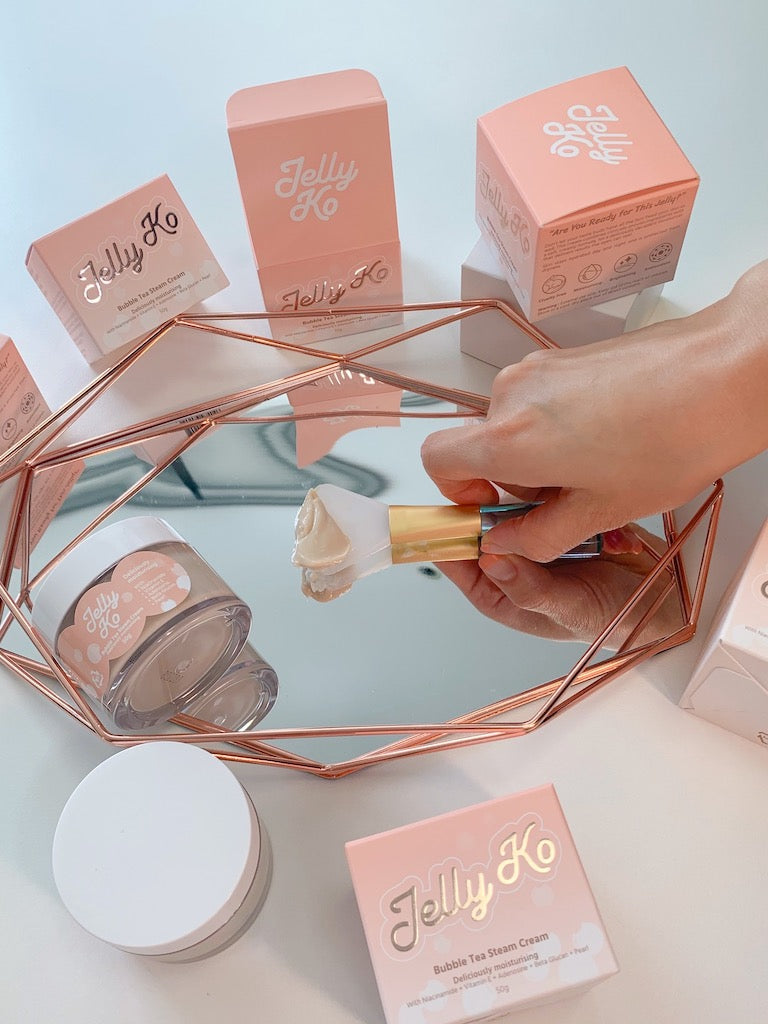
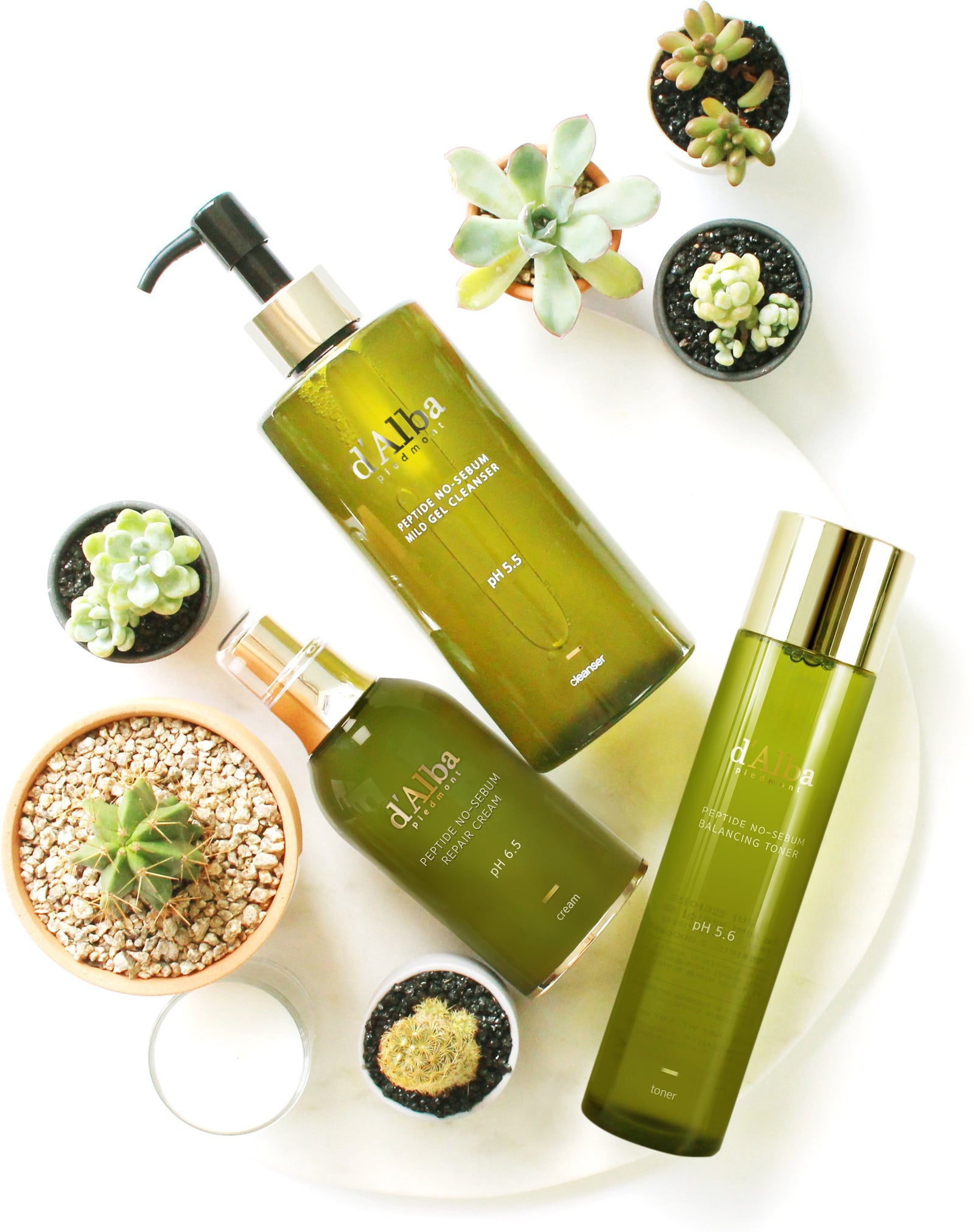

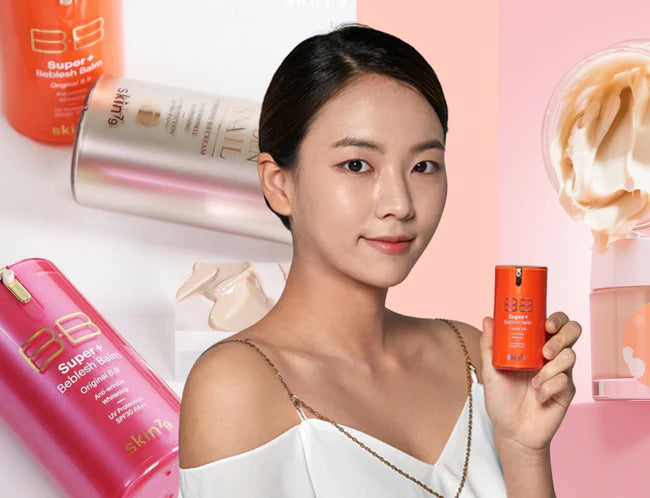
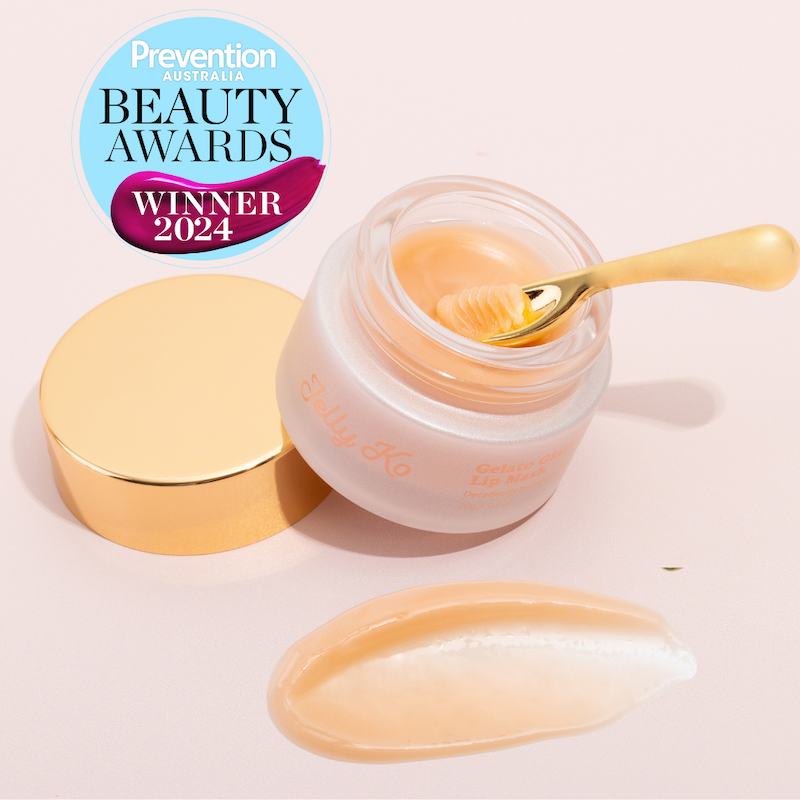
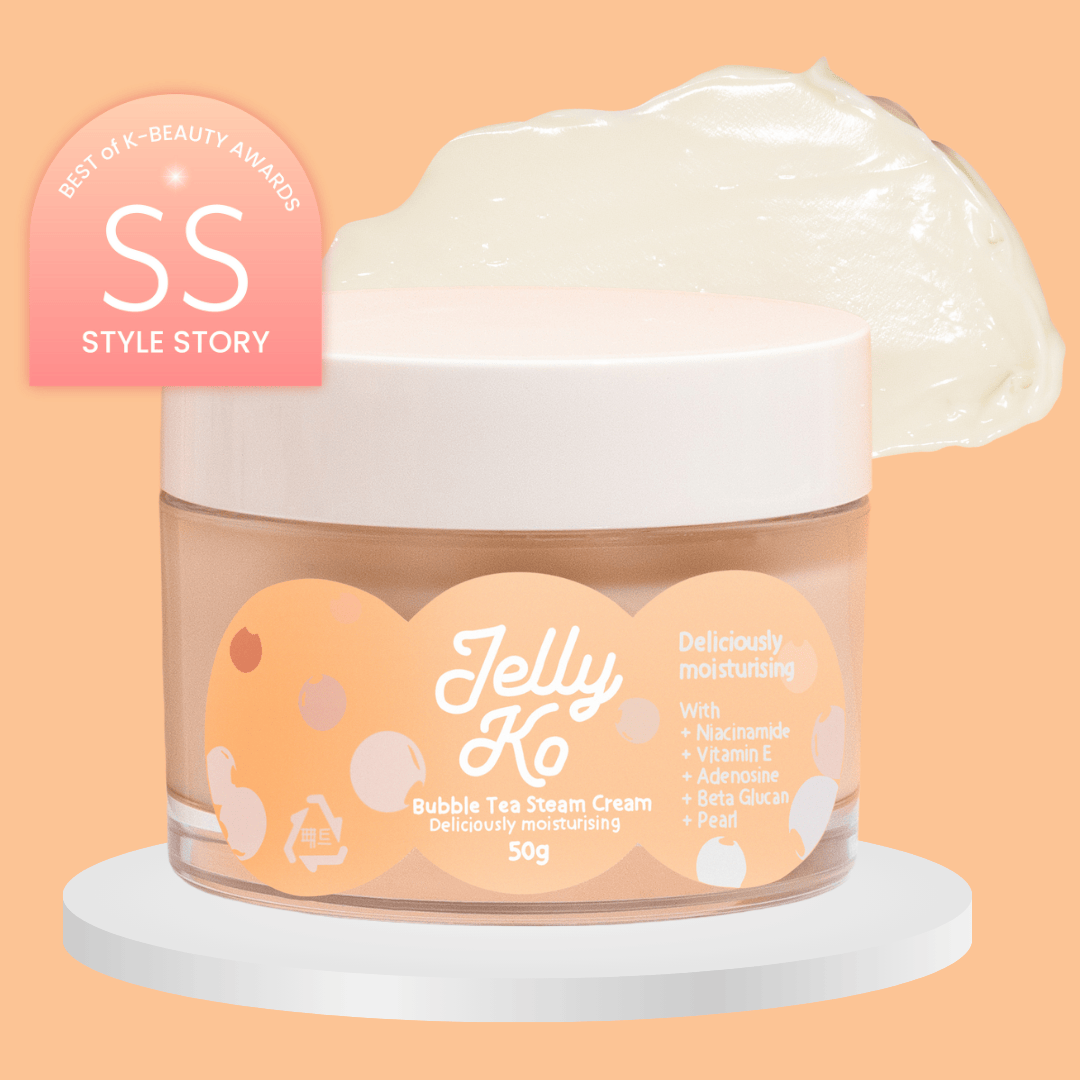
Leave a comment
Comments will be approved before showing up.